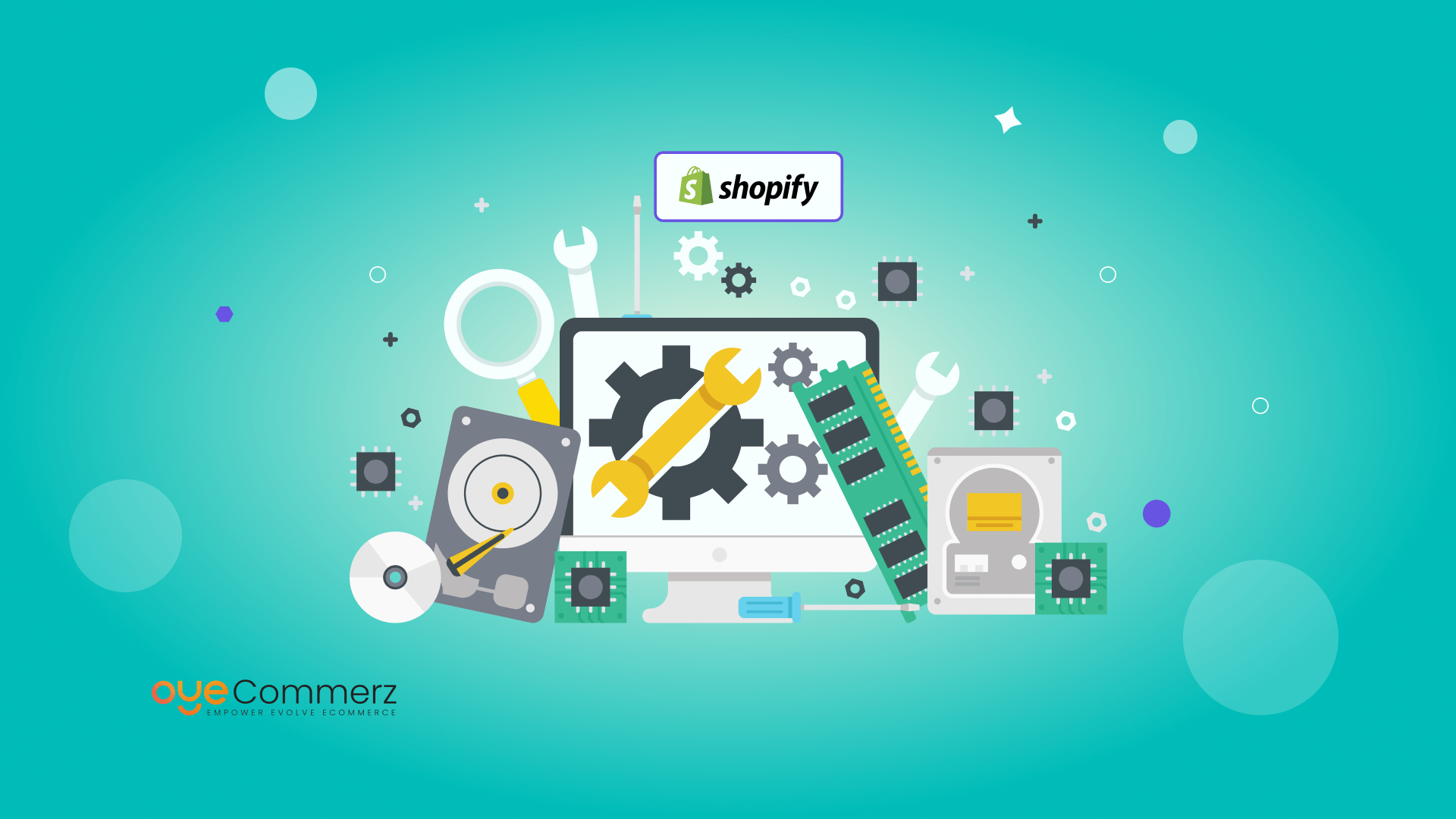Introduction
In today’s cutthroat e-commerce landscape, standing out is essential, and one of the best ways to set apart a Shopify store is through custom app creation. A well-built Shopify app can boost store functionality, simplify processes, and elevate customer interaction. This article explores essential aspects of Shopify app development, from API integration to growth techniques and digital marketing approaches, providing a roadmap for businesses looking for unmatched store efficiency.
The Importance of Shopify API Integration
Shopify’s API offers robust tools to customize and expand store functionalities. With the GraphQL and REST API options, developers can access data to build applications that manage inventory management, order handling, and customer data management smoothly. Using Shopify’s API can lead to better workflow automation and enables stores to serve customers more efficiently.
Adopting the Polaris Design System
Polaris is Shopify's set of design guidelines for creating user-friendly and easy-to-use Shopify apps. By adhering to Polaris principles, developers ensure that apps integrate smoothly within the Shopify Admin interface. This provides a cohesive appearance that resonates with Shopify merchants, promoting usability and familiarity for merchants utilizing your custom app.
Understanding the Shopify App Ecosystem
The Shopify app ecosystem offers endless possibilities for enhancing e-commerce sites. From handling order fulfillment to boosting customer engagement, apps in this environment are designed to meet diverse business needs. Learning about this ecosystem helps developers in finding unique app ideas and enables seamless integration of external tools that enhance the store.
Building Embedded Shopify Apps
Embedded apps integrate directly within the Shopify Admin, providing a smooth interface for merchants. They allow merchants do not need to navigate away from their Shopify control panel, simplifying their process. Employing Shopify App Bridge Scaling for Shopify’s growth and embedded app features is recommended for providing a unified, integrated user experience.
Leveraging Node.js and React for Shopify Development
The technologies Node.js and React have emerged as ideal tools for Shopify app development. This server-side framework enables efficient back-end services, while React allows for dynamic, responsive front-end design. Together, they offer an strong platform for building fast, scalable Shopify apps that enhance store performance and customer engagement.
Webhooks in Shopify Apps
Webhooks allow real-time data synchronization between Shopify and an external app. They initiate events such as new orders or stock changes and provide immediate alerts to your app. By utilizing webhooks, apps can deliver real-time insights for store owners, streamlining workflows and boosting productivity.
Engaging Customers Through Digital Marketing for Shopify Apps
To ensure Shopify app success, connecting with users is crucial. Utilizing digital marketing strategies like SEO, email marketing, and social media campaigns can drive app adoption. Additionally, Shopify app ecosystem by Oyecommerz designing apps with customer engagement in mind (e.g., loyalty programs or personalized recommendations) increases user retention and satisfaction.
Making Your Shopify App Scalable
As e-commerce businesses grow, so do their technological needs. Ensuring that your app can scale to handle higher usage, larger data sets, and more advanced functionalities is essential. By optimizing server capacity and implementing scalable solutions, you can create apps that expand in parallel to a store’s growth.
Important Features and Maintenance Tips for Shopify Apps
For an app to be useful, it should offer essential features like user authentication, dashboard analytics, and support channels. Ongoing app upkeep, with updates to fix bugs and ensuring compatibility with new Shopify features, is vital to ensure uninterrupted performance and avoid interruptions to merchant workflows.
Conclusion
Custom Shopify app development holds vast potential for e-commerce businesses, providing the chance to enhance performance, simplify operations, and build customer relationships. With API integrations and Node.js to ensuring scalability and customer engagement, building a Shopify app requires careful planning and strategic execution. If you’re prepared to elevate your e-commerce experience, a tailored Shopify application may be the perfect choice. What capabilities do you envision for your dream application? Share your thoughts and take the first step toward an optimized e-commerce experience!
